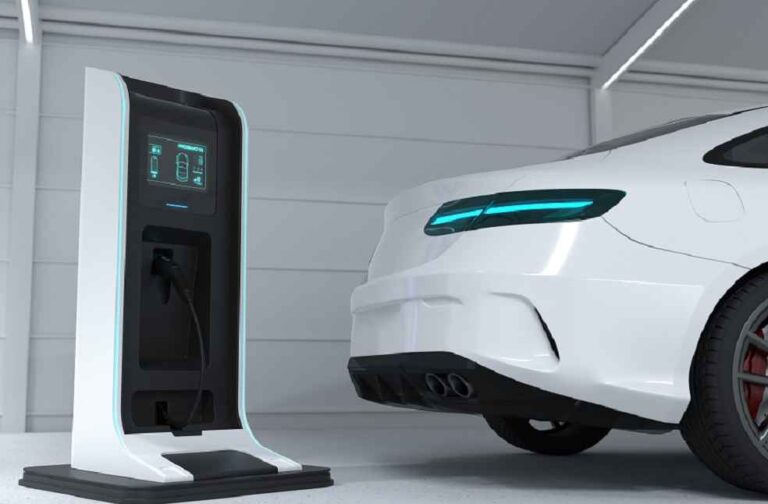China and Germany are strengthening their long-standing automotive partnership, shifting from traditional trade and investment to deeper cooperation in electric and intelligent vehicle technologies.
This renewed approach was the central message at the ninth Sino-German Automotive Conference in Changchun, where experts described the relationship as entering a new phase shaped by shared goals in electrification, digitalization, and global industry standards.
Chen Jian, former vice-minister of China’s Ministry of Commerce, said the partnership has remained resilient and mutually beneficial for decades.
He noted that the current phase demands closer collaboration in technology development, standard setting, and supply-chain integration to support a more open and mutually reinforcing global automotive ecosystem.
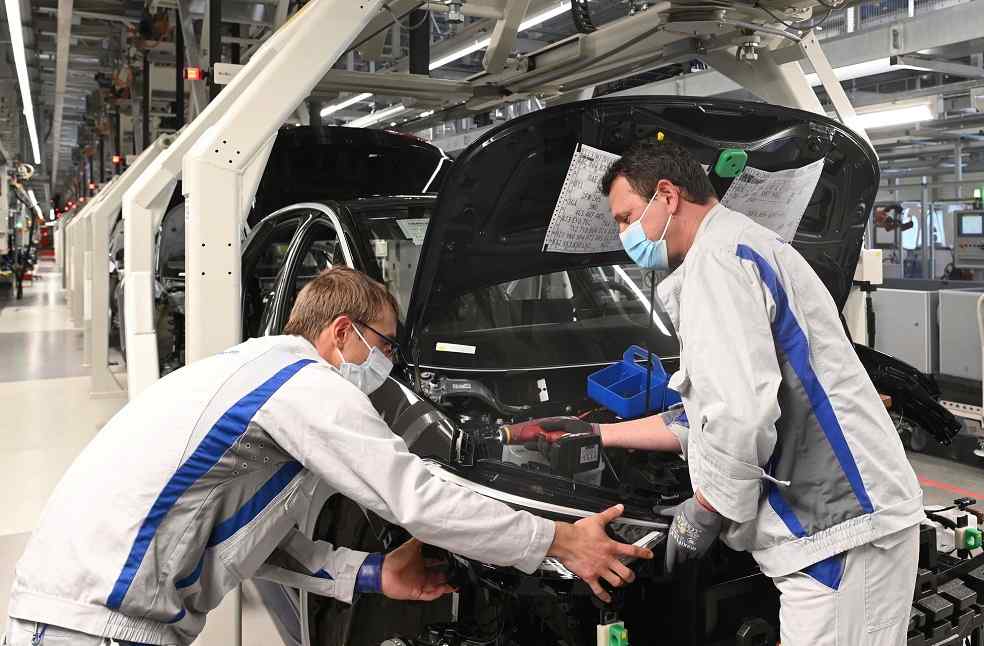
Industry specialists say the cooperation model is evolving as China takes on a more active role in global industrial restructuring. Ron Zheng, senior partner and Asia head of automotive practice at Roland Berger, said Chinese companies are now key drivers in electric and intelligent vehicle development.
He pointed to Volkswagen’s partnership with Xpeng as an example of how China’s comprehensive supply chain and growing technological strength are reshaping international cooperation.
Jochem Heizmann, former member of the Volkswagen Group board of management and former CEO of Volkswagen Group China, said China’s pace of innovation is influencing global competition.
He added that Germany can learn from China’s speed and digital capabilities, while China can still draw from Germany’s engineering discipline and industrial precision.
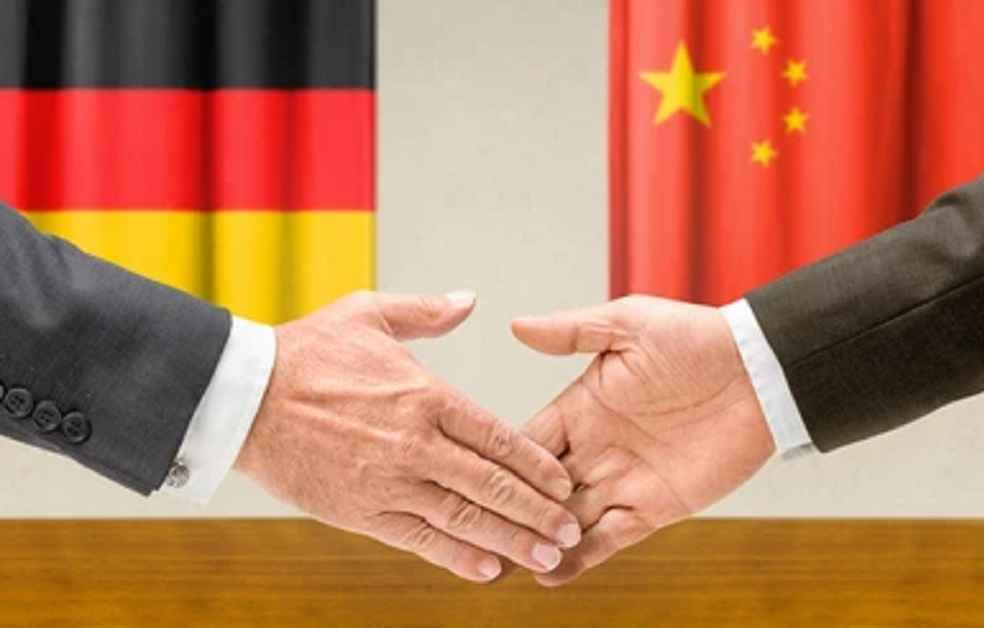
Heizmann highlighted plug-in hybrids built on dedicated EV platforms as a promising direction, arguing that the combined strengths of both countries can create a strong competitive advantage.
China’s auto industry continues to show robust momentum. According to the China Association of Automobile Manufacturers, the country produced 27.69 million vehicles from January to October, an increase of more than 10% from a year earlier.
New energy vehicle production reached 13.01 million units, up 33.1%, and NEVs accounted for 51.6% of all new car sales in October, marking the first time the monthly share has crossed 50%. NEV exports also grew sharply, rising 90.4% to 2.01 million units in the same period.
Executives at major Chinese automakers expect cooperation with German partners to widen across new energy development, smart connectivity, and supply-chain resilience.
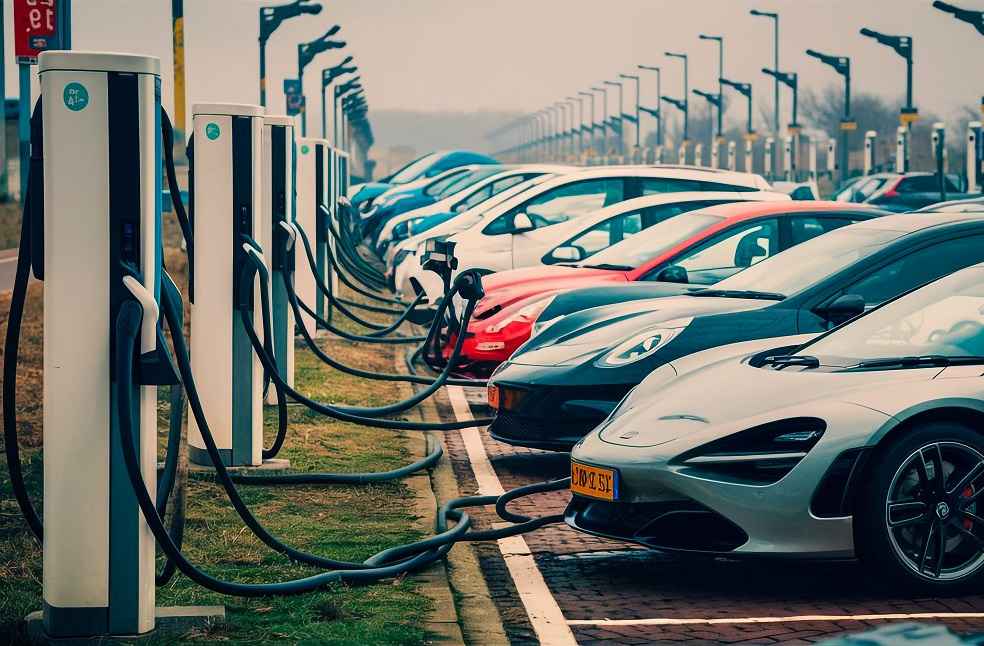
One recent outcome is Audi FAW New Energy Vehicle, a joint venture between Audi and China FAW Group. The company has built Audi’s first all-electric vehicle plant in China and delivered the Audi Q6L e-tron in July. China FAW Group president Liu Yigong said the goal is to jointly support the sustainable growth of the global automotive industry.
Analysts believe the push for deeper cooperation aligns with both countries’ accelerating green and digital transitions.
For Germany, China offers access to a rapidly expanding NEV market and strong local capabilities in batteries and smart technologies. For China, German experience in engineering and global brand-building remains valuable as local players expand internationally.
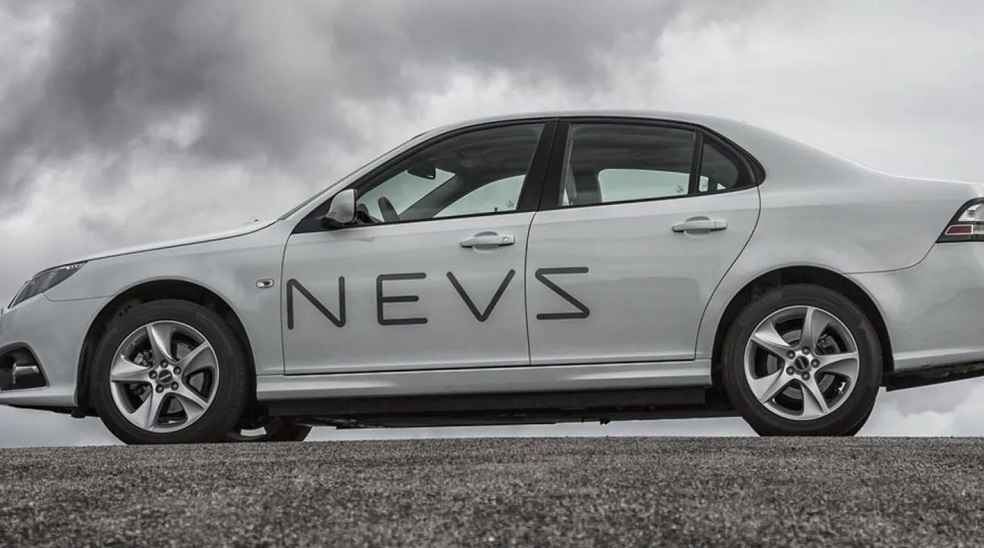
Zheng from Roland Berger said the next chapter of cooperation will involve joint research, shared platforms, and co-created standards.
He added that greater integration will help both sides maintain competitiveness while guiding the global sector’s transition toward sustainability.
He also called for closer coordination between companies and governments, noting that modern automotive development depends on cross-border supply chains and stable policy environments.
Zheng said the long record of Sino-German collaboration shows that shared long-term goals and balanced contributions can deliver significant gains in technology, industry, and market development.
GENERAL | Nissan Canada to Resume Imports of Pathfinder, Murano and Frontier




